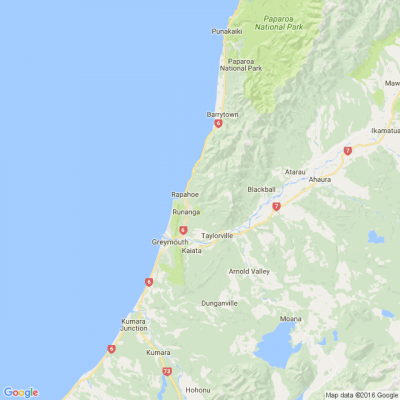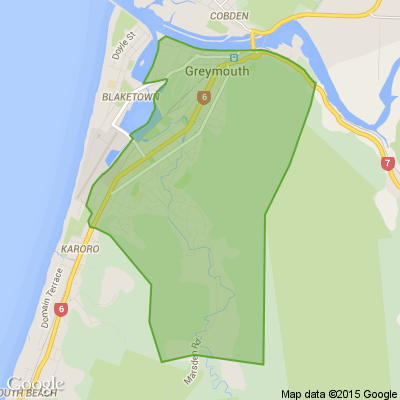West Coast Regional candidates strut stuff
A smattering of West Coast Regional councillors and a newcomer trying for a seat in Westland fronted a 'meet the candidates' forum in Hokitika on Wednesday night.
Sitting councillors Debra Magner and Stuart Challenger took to the stage along with Peter Haddock of Greymouth, who is throwing his hat in the ring for Westland.
Magner promoted her farming and accounting background and said she hoped to build on her first term's work if re-elected.
This had included a push to bring about better internal reporting systems at the West Coast Regional Council -- including a Risk and Assurance Committee which she has chaired.
This was important for the council to sustainably manage its environmental oversight responsibility on a "path of continuous improvement," to be able to respond to community need and have the capacity to gain and retain external funding for infrastructure projects.
Peter Haddock, a retiring Grey district councillor of South Beach, is a partner in Greymouth engineering firm Equip.
He noted his role in building the Greymouth floodwall in the late 1980s.
Haddock said the regional council currently had "real problems" with a faction across the ward boundaries of Westland and Grey.
Loss of experienced staff and delays in consenting impacted on the council's ability to administer Government funding, which affected the rating districts.
This "loss of unity" sent a bad signal to the Government.
He would focus on this and at the same time "fight for local democracy".
Challenger, an environmental engineer, said he hoped to continue as the need for diverse representation at the table was no different from when he first stood in 2013.
The council needed diverse backgrounds like his to balance the mining, and dairy farming influence.
"I believe the regional council has too many meetings behind closed doors."
The biggest issue the region faced was the impact of climate change which required wider collaboration and "a multi-generational approach".
Two other candidates for Westland, Andrew Campbell and Fritha Templeton, were not present.
Templeton said on Friday she intended to withdraw due to family circumstances.
Council deputy electoral officer Nichola Costley said today the voting papers had been printed, and Templeton had been advised to run a campaign letting people know she was out of the running.
Wednesday night's forum included the five candidates for the Westland District Mayoralty plus several ward candidates for the Westland District Council.

Time to Tickle Your Thinker 🧠
If a zookeeper had 100 pairs of animals in her zoo, and two pairs of babies are born for each one of the original animals, then (sadly) 23 animals don’t survive, how many animals do you have left in total?
Do you think you know the answer? Simply 'Like' this post and we'll post the answer in the comments below at 2pm on the day!
Want to stop seeing these in your newsfeed? No worries! Simply head here and click once on the Following button.

Poll: As a customer, what do you think about automation?
The Press investigates the growing reliance on your unpaid labour.
Automation (or the “unpaid shift”) is often described as efficient ... but it tends to benefit employers more than consumers.
We want to know: What do you think about automation?
Are you for, or against?

-
9.5% For. Self-service is less frustrating and convenient.
-
43.4% I want to be able to choose.
-
47.1% Against. I want to deal with people.
Have you got New Zealand's best shed? Show us and win!
Once again, Resene and NZ Gardener are on the hunt for New Zealand’s best shed! Send in the photos and the stories behind your man caves, she sheds, clever upcycled spaces, potty potting sheds and colourful chicken coops. The Resene Shed of the Year 2026 winner receives $1000 Resene ColorShop voucher, a $908 large Vegepod Starter Pack and a one-year subscription to NZ Gardener. To enter, tell us in writing (no more than 500 words) why your garden shed is New Zealand’s best, and send up to five high-quality photos by email to mailbox@nzgardener.co.nz. Entries close February 23, 2026.







 Loading…
Loading…